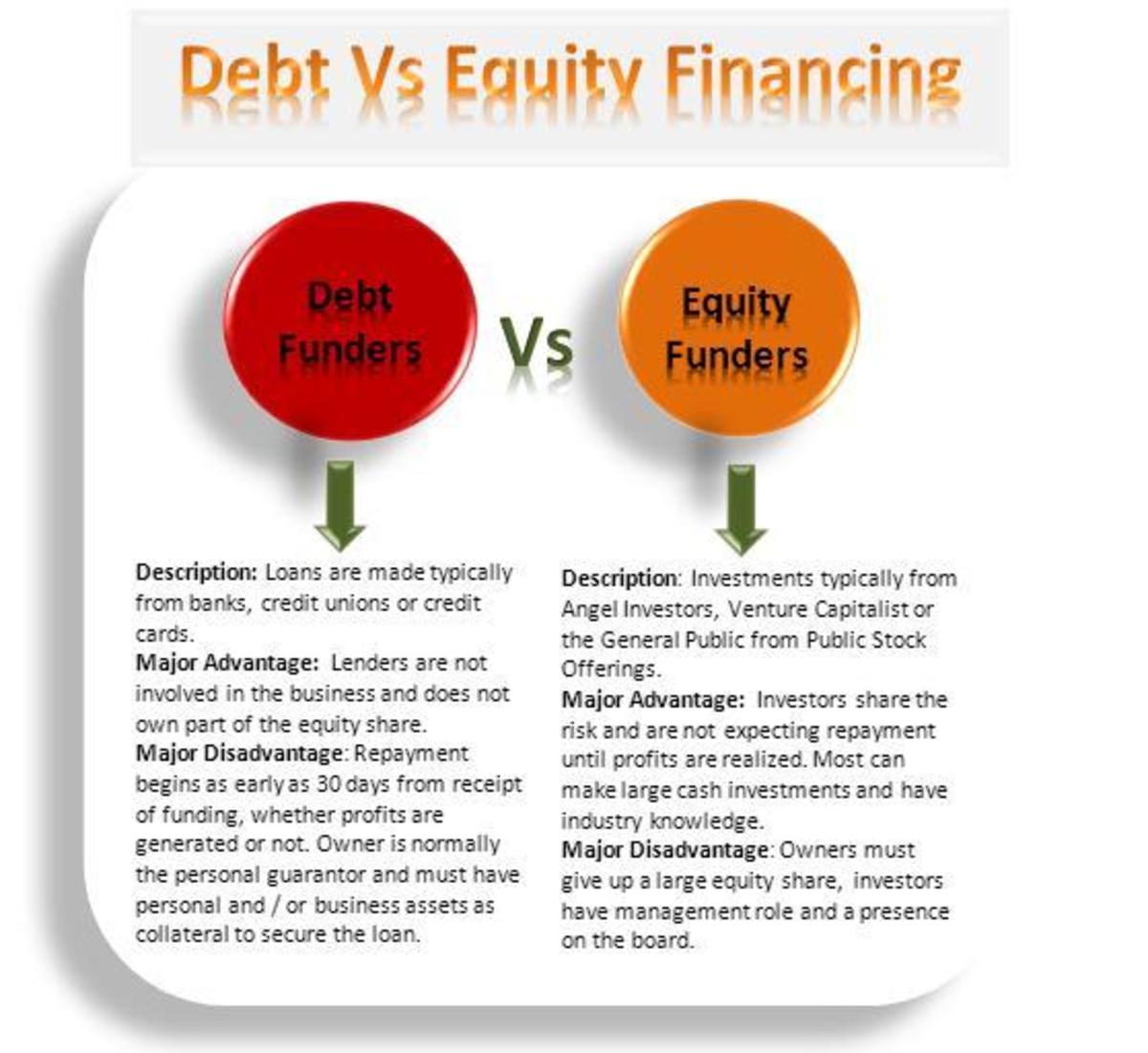If You are FDIC insured up to $100,000 where does the difference go, if your bank is seized?
What Happens During A Bank Closure By The Feds?
The FDIC insures each distinct bank account you have up to $100,000. In other words you can be insured for all of your bank accounts even if they total more than $100,000 together, as long as each account is separate. You can deposit money in your name, spouse's, savings, checking, money market, and your kids' names and be covered for all of them as long as each has less than $100,000 in them.
When the bank is shut down, there is usually an assuming bank. That bank usually takes the positive bank assets (loans) that are paying under a Purchase and Assumption Agreement. The rest of the assets (bad loans that are 90 days or more delinquent, bank owned real estate, furniture and fixtures, etc.) are taken back to the FDIC site (there are several around the country) and account officers liquidate these assets. Real estate is marketed and sold, debtors (people who owned money to the bank via loans) are contacted and a settlement or buydown offer is made to encourage that individual to refinance at another bank institution and pay off the loan with the FDIC. Bad loans can also be packaged with others and sold to investors, including private ones. Those investors have a legal right to collect that debt against you.
The income generated by liquidating these bank assets is used to pay off your claim for any deposits not insured. I used to work for the FDIC and conducted bank audits, reviews, closed banks as an Asset Manager on many a closing. I've closed banks in Alaska and the northeast including several in Boston. The economy improved around the mid 90's and they were fewer. But I see now the FDIC is back in action. It was a great job and I loved working for the government.
One word of advice, if you have a mortage loan at a failed bank and FDIC has your loan, refinance and get back to a bank. FDIC does have a problem with making sure your loan is amortizing correctly and your escrow is properly administered. Their computer system is not geared to handle every type of loan product out there. Also, if you do not hear from anyone about where to pay, bank your mortgage payments, because we, they, will find you and collect that debt!

How Does FDIC Close a Bank and Just What Is That Bank Doing With Your Hard Earned Money
- How Does The FDIC Close A Bank?
The Federal Insurance Corporation (FDIC) insures depositor accounts up to $100,000 in case of bank failure. How does the FDIC close a bank? - What Is That Bank Doing With Your Money When You Are Not Looking
A detailed description of what happens on a bank closing and some inside stuff on what banks do with your money.



